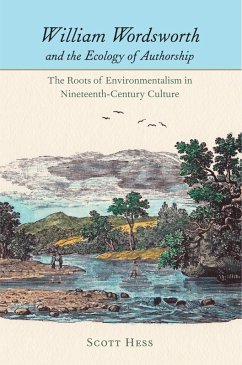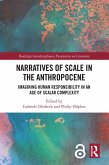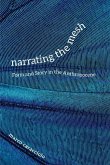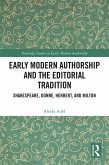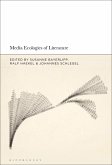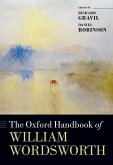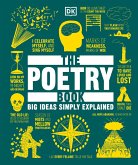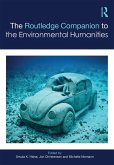In William Wordsworth and the Ecology of Authorship, Scott Hess explores Wordsworth's defining role in establishing what he designates as "the ecology of authorship": a primarily middle-class, nineteenth-century conception of nature associated with aesthetics, high culture, individualism, and nation. Instead of viewing Wordsworth as an early ecologist, Hess places him within a context that is largely cultural and aesthetic. The supposedly universal Wordsworthian vision of nature, Hess argues, was in this sense specifically male, middle-class, professional, and culturally elite-factors that continue to shape the environmental movement today.
Dieser Download kann aus rechtlichen Gründen nur mit Rechnungsadresse in A, D ausgeliefert werden.

